
Eurovision: One Leeds graduate’s road to success in the song contest
TV and digital broadcast producer Joe Mason discusses his part in turning around the UK’s fortunes in Eurovision.

TV and digital broadcast producer Joe Mason discusses his part in turning around the UK’s fortunes in Eurovision.
Salma al-Shehab: a statement
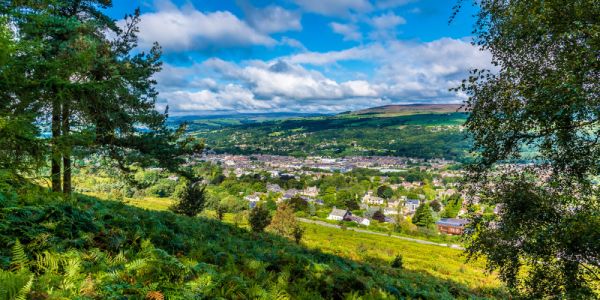
The University is an official partner of Ilkley Literature Festival, which launches its 2022 programme today.
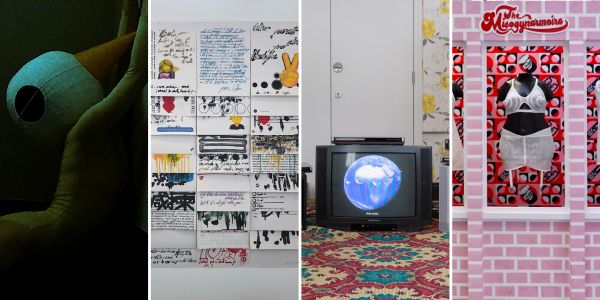
This year’s FUAM Graduate Art Prize highlights thought-provoking work on gender and digital identity.

Sam Dickinson (Sports Science and Physiology 2019) returns from the Commonwealth Games 2022 with a gold medal from the triathlon mixed relay.

A study of more than 26,000 middle-aged UK women reveals those with a vegetarian diet had a 33% higher risk of hip fracture compared to regular meat-eaters.
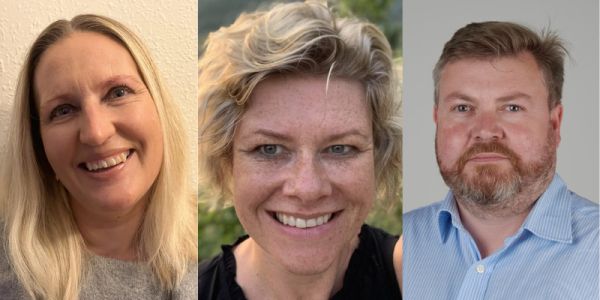
Three academics at the University of Leeds have been recognised for their outstanding contribution to higher education with National Teaching Fellowships.
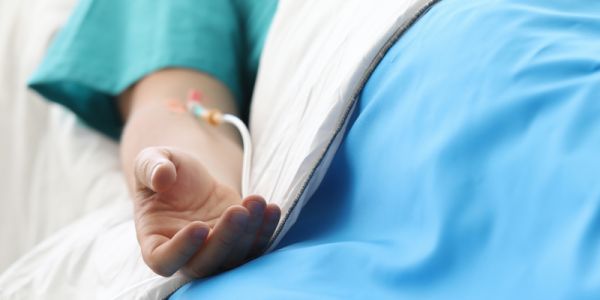
Hospital patients who develop infections where 10% of sufferers die will be offered double the traditional course of antibiotics in a new trial.

Indian squash star Saurav Ghosal (Economics and Management 2008) honed his skills whilst studying at Leeds, and aims to add Commonwealth gold to his illustrious medal collection at Birmingham 2022.
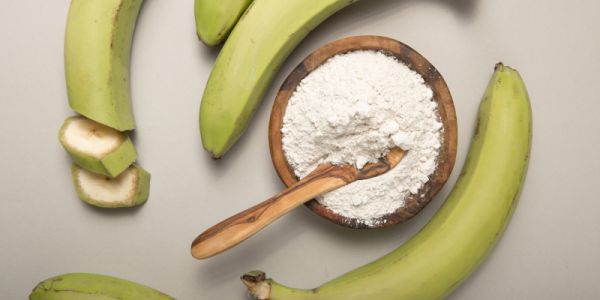
A starch found in bananas can reduce some cancers by more than half, according to a 20-year trial.